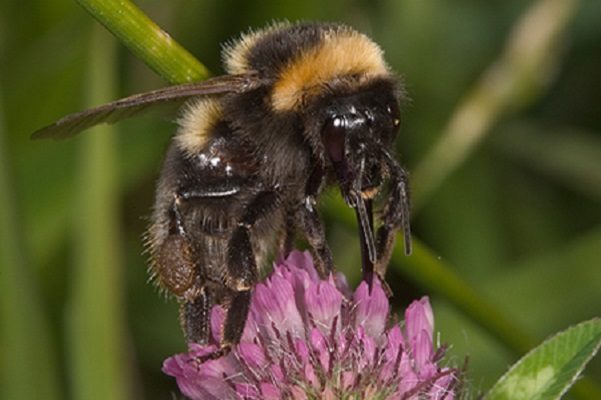
Four golf clubs have been short-listed for the 2015 Operation Pollinator awards for their amazing work with bees.
The selected finalists, handpicked by STRI lead ecologist, Bob Taylor and the independent STRI judges, are Elsham Golf Club in Lincolnshire, St Andrews in Scotland, Bowood Golf and Country Club in Wiltshire and Ely City Golf Club in Cambridgeshire.

The award, sponsored by Syngenta, recognises golf clubs that do more for bumblebees and pollinating invertebrates including hover flies and hymenopteran and dipteran species (flies and beetles), often by attracting them via important habitat features such as deadwood, wild flowers and suitable overwintering refugia.
"Golf courses can and are helping to kerb the decline of our important pollinators through the creation of suitable habitat and when one realises the vast resource that is available within golf then with much more wider participation we could as an industry go a long way to reducing the declines that are taking place," said Bob.
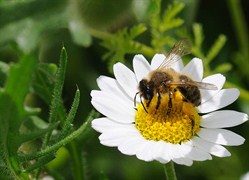
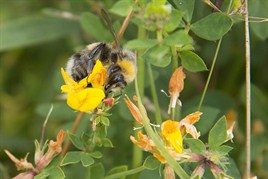
"It is not just the Operation Pollinator champion clubs that are taking up the management of out of play grasslands for pollinators, but many little known golf courses throughout the country are taking grasslands out of more intensive management. They are creating a stronger deadwood resource and encouraging pollinators through direct planting of wildflowers to give three-season interest so as to provide an important food resource through spring to late autumn. Many clubs are also recognising the value of more appropriate management.
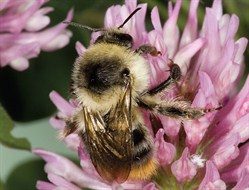
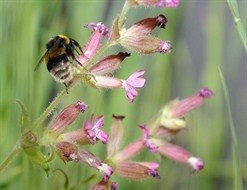
"It must also be noted that there have been notable successes in helping some species to recover, which highlights the positive impact that we can have and the potential to help."
At Elsham Golf Club, (below) wide expanses of grassland have been located and taken out of regular cutting, which not only benefits the wildlife directly but it also reduces time, labour and financial resources that formerly burdened the greens' staff. Signage has been introduced to highlight the initiative to members and visitors and the signs double as insect hotels. Deadwood is being provided on the ground and in an aerial form.
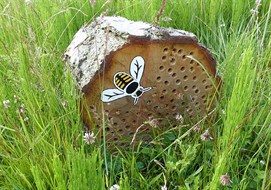
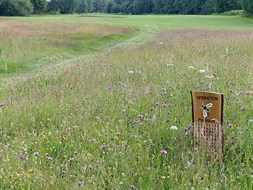
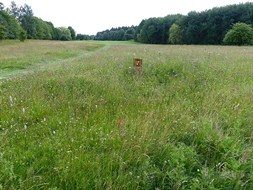
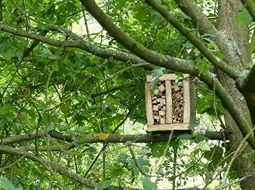
At St Andrews several areas of the Eden and Strathtyrum courses have been cut and scarified, resulting in a thinning of the more dense grasslands, allowing wildflowers to come through naturally, but also here seed is being introduced. St Andrews has also secured a number of trial plots of yellow rattle where this plant is being encouraged and from where seed can annually be collected. Yellow rattle is a hemi parasite and if included within the sward can help to reduce grass vigour and density.
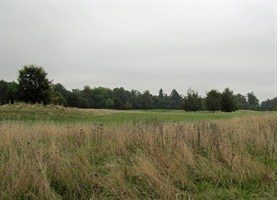
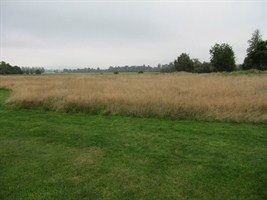
Bowood Golf and Country Club (above) is set in the heart of the beautiful Bowood Estate. It benefits from being laid out on a large piece of land where wide open spaces are plentiful. Large areas of grassland, in out of play areas of the course, have been allowed to grow to maturity. These areas are cut and collected annually by the Bowood Estate farming team, thereby 'thinning out' coarse grasses and allowing finer grass species and wild flowers to dominate. The fringing rough throughout the course is scattered liberally with wild flowers creating a visual spectacle from spring to autumn.
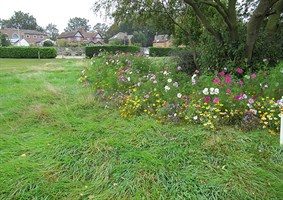
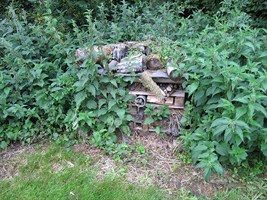
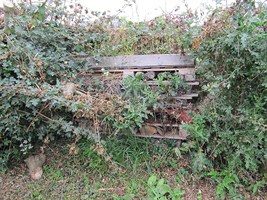
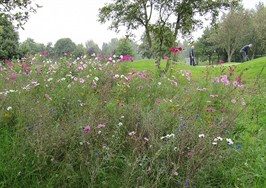
At Ely City Golf Club (above) a total of 17 wild flower areas have been created across the golf course. Here, new rough areas are being created all the time, these areas are cut and collected to thin out the coarse grasses, but wild flower mixtures have also been purchased to compliment the naturally occurring flowers. The members are fully on board with the project, to the extent that many of them have purchased wild flower mixtures to create mini Operation Pollinator areas in their gardens.
The winner of the Operation Pollinator Award will be selected at the Golf Environment Awards dinner, to be held during BTME, on January 21, 2015.
